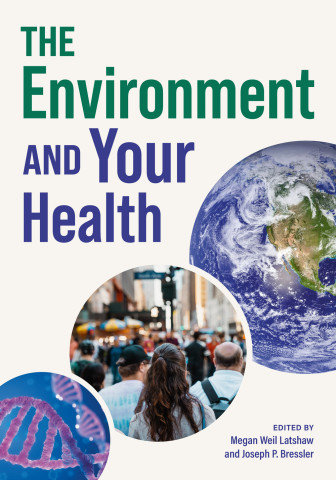
Reviews
The Rich Flee and the Poor Take the Bus sheds new light on age-old inequalities in health. Troy Tassier offers us both an indictment of the societal conditions that fueled sharply uneven losses during the COVID-19 pandemic and an invitation to reimagine a new normal in its aftermath.
Troy Tassier's book offers up an inconvenient truth: the burden of COVID pandemic, like all others before it, fell most heavily on the poor and marginalized. This disproportionate impact is not an accident—it is the result of deliberate choices that are promoted by those who are well-off in our societies; it is death by public policy.
From cholera to COVID, pandemics have disproportionately affected the poor. In a book that is spectacular in its breadth, clarity, and humaneness, Tassier brilliantly interweaves a history of pandemics with a scientific account of how disease spreads to demonstrate the structural causes of epidemic disparities.
Troy Tassier has produced an engaging tour of the concepts, facts, and historical cases that social scientists use to understand pandemics—and why their consequences are usually so unequally felt.
Book Details
Preface
Chapter 1. The Most Important Letter
Chapter 2. Differences of Density
Chapter 3. One (Unlucky) Spark
Chapter 4. Bridges of Disease
Chapter 5. Safer than the City
Chapter 6. Below the Margin
Chapter
Preface
Chapter 1. The Most Important Letter
Chapter 2. Differences of Density
Chapter 3. One (Unlucky) Spark
Chapter 4. Bridges of Disease
Chapter 5. Safer than the City
Chapter 6. Below the Margin
Chapter 7. The Pandemic Dilemma
Chapter 8. Rogue Waves
Chapter 9. A Curious Practice
Chapter 10. Compassion, Not Tools
Acknowledgments
Notes
Index






